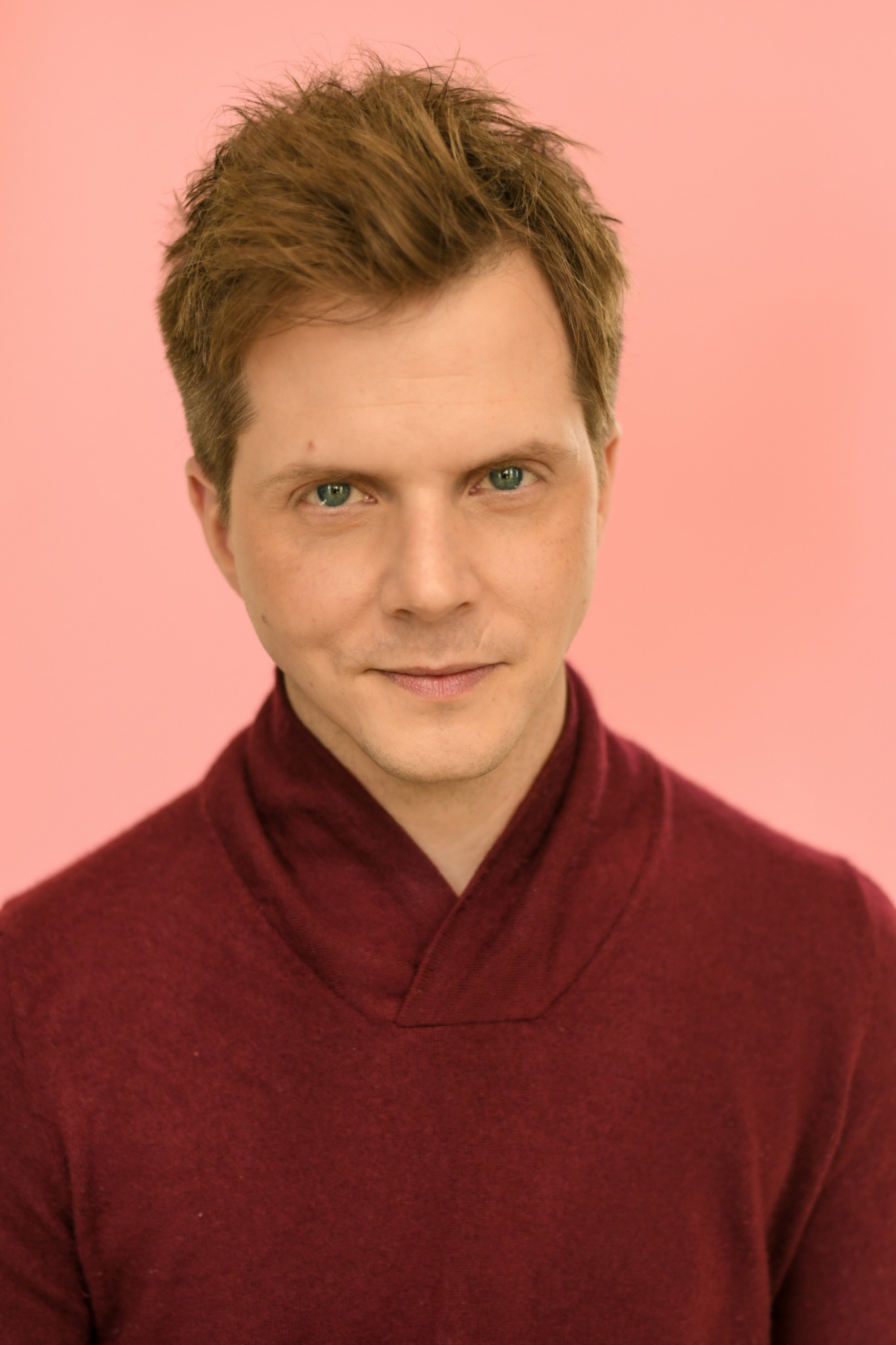We’re excited to introduce you to the always interesting and insightful Adam Hinkle. We hope you’ll enjoy our conversation with Adam below.
Hi Adam, thanks for joining us today. Can you talk to us about a project that’s meant a lot to you?
That’s such a difficult question to answer, I’ve been fortunate to have had some extremely meaningful opportunities in my career.
Though if I had to choose one, it would have to be my web series “The Park”, which is about the trials and tribulations of a team of outreach workers as they urgently work to prevent violence in a Chicago neighborhood.
It was my debut as a writer/director (though I need to give props to my co-creator/co-writer Travis Williams; he’s an incredibly talented writer and I was undeniably lucky to collaborate with him on this). I never had any ambition to be a director, none at all. My main priority in my career was to grow and work as an actor (still is in a lot of ways). Though for reasons I’m sure will be apparent as we dive into this, I really did it to protect the material we were developing.
The idea for the series was developed through a now-defunct theatre company called Stone Soup Theatre Project, which had a huge community outreach component. We connected with community organizers on Chicago’s North Side and we worked with them on various issues such as violence prevention, affordable housing, education, anti-bullying, etc. The vast majority of our efforts were spent assisting outreach workers in violence prevention efforts and when the opportunity arose to develop a project centered around our outreach, violence prevention was where I wanted to focus.
The size and scope of the work felt too complex to capture in a two-hour play, So, I elected to tell this story as a web series. Despite my presence on film sets as an actor, I was smart enough to know what I didn’t know about film production (which was a lot). I took a web series development course to figure out how to write and develop scripts, get educated on what crew positions were vital for me to fill and figure out how to fundraise for the project.
I then brought Travis onboard to develop the series with me and I conducted research with my friends in the violence prevention community to understand the nuts and bolts of their outreach work as well as how their clients were impacted by violence. We were very lucky that a special group of friends in this world opened up their lives and work to Travis and I so we could tell their stories as authentically as we could. That required a lot of trust on their part, because at the time, gun and gang violence in Chicago was covered by the media in a way that I felt was very exploitative and misleading. They would have had every reason to be guarded and hesitant to hand over their life stories to an untested filmmaker. Since I had spent a couple years in the community getting to know them before this project was even a thing I wanted to pursue, I think that really engendered the trust that was needed to make this series work. I wasn’t interested in making a sensationalized show about Chicago violence. This could only work by telling the story from their point of view.
We cast and filmed the pilot episode and I went through a year-long post-production process to get it completed and it turned out beautifully. When the time came to film the remaining episodes several months later, we had to revamp the scripts quite a bit for a couple of reasons. First, there was a period of almost 2 years between when the pilot was produced and when we started filming of the remainder of the episodes. Some of the actors we worked with had joined SAG in that time period and we were not eligible to work with them anymore since the pilot was filmed as a non-union project. So we needed to account for these actors’ absences in a way that was informed by real-life circumstances. Also, we had make sure our storytelling remained relevant to what was going on in the outreach workers’ lives at the time. Violence prevention tactics change over time and new challenges which impact violence presented themselves and our storytelling had to change with them.
The sheer difficulty I had producing the remaining episodes broke me a little bit. We encountered so many issues during production that were certainly not unique to filmmakers but nevertheless impacted the shoot and tested me as an artist. In addition, I was in rehearsals for a play at the time AND working over 40 hours a week at my day job to pay my rent as well as keep the production going. If it wasn’t for the support of my wife and my brother as well as a grant from Chicago Filmmakers, there’s no way I would have been able to finish the series. I kept my head down and powered through the challenges with the help of my co-writer Travis and my amazing actors and crew.
After another year-long post-production process, the first season was completed and the reaction to the series when it was released was incredibly validating. We were accepted into several film festivals and we were lucky to be the recipients of several awards. Our friends that inspired the series responded so positively to it and that was one of the most special aspects of the process. The series was meant to be a love letter to them and the work they do and I couldn’t have been happier with how the project turned out. It was an odyssey bringing it to fruition, but the end result and the ways in which this project pushed me as a filmmaker were well worth it.
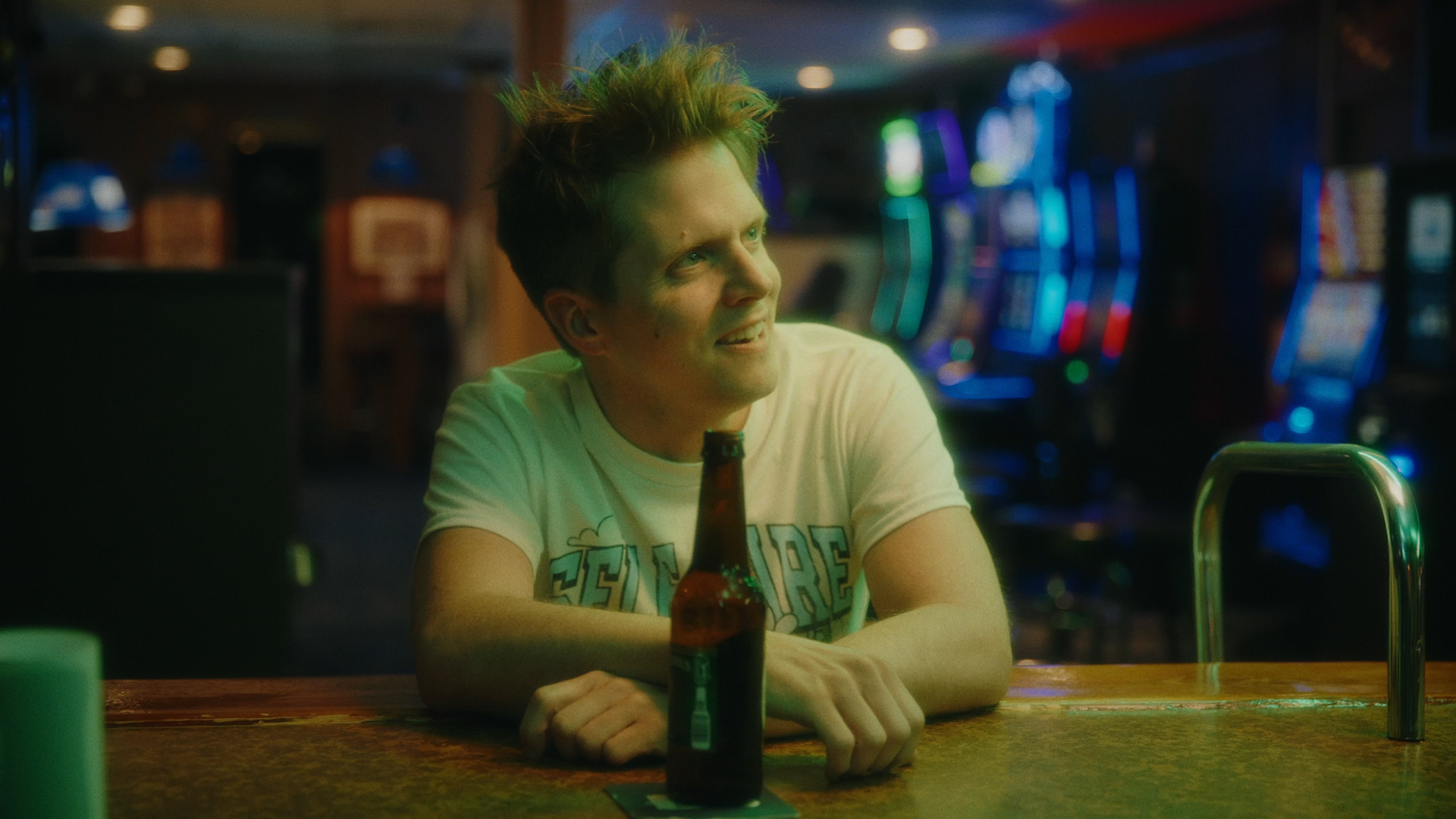
Awesome – so before we get into the rest of our questions, can you briefly introduce yourself to our readers.
The vast majority of my youth was spent in the suburbs of Philadelphia. My fascination with acting and filmmaking began when my father brought home a new video camera to record various family functions. My twin brother Brian and I co-opted this camera and just started making our own little home movies with it.
Basically, we ripped off storylines from big studio films of the time and made our own versions of them. We would make our movies and show them to the rest of the family. Our parents would howl with laughter at the cringy dialogue, the horrible editing, and some of the insane things we put on camera. We even recruited them to help us out at times, whether that was acting in bit parts or acting as our drivers for action sequences (since we were well below the driving age). Their reactions to our movies also served as the basis as to whether they were hits or flops.
As we made more movies, we started taking the activity very seriously and developed a real passion for it. At a certain point, we carried portable speakers connected to a Walkman with us so we could score our films while we shot them. To this day, I can still remember sitting in my room as a pre-teen with my little editing suite (which consisted of my TV, VCR and assorted cables connected to my video camera) just getting lost in the editing process. It was such a zen task, I loved it.
School plays then became a focus for us and we were lucky enough to enroll in a broadcasting arts school near our hometown that taught kids filmmaking and acting for the camera. Then, I pursued theatre in high school, competed in state and international thespian festivals, and pursued a theatre arts degree in college.
A couple of years after graduating college, I relocated to Chicago to pursue theatre professionally and was lucky enough to study with David Cromer immediately after arriving, who is easily one the best directors working in the industry today. Hands down. He gave me one of the biggest opportunities of my career by casting me in his off-Broadway production of “Our Town”, which allowed me to spend 10 months working in NYC with some incredible performers from the original Chicago production as well as those who were cast from NY. It was a really heady time, the show was a hit and it was pretty customary to have celebrities in the audience. It was kind of nuts being able to talk with artists like Mike Nichols, Sam Waterston and Rachel McAdams in the lobby after the show.
After I left NY, I came back to Chicago where I performed in various storefront theater productions, continued my training through an ensemble-based program with Shattered Globe Theater, and even started my own non-equity theatre company with friends. If you’re an actor in Chicago, it’s kind of the thing you do here.
This phase of my career was a real slow burn. I spent the next several years trying to help build our community-focused theatre company as well as my filmmaking debut. Not long after, my wife and I started a family and as a stay-at-home dad I toggled back and forth between taking care of my newborn daughters and making my way through post-production on my web series. Once this project was completed and made its way successfully through the festival circuit, I made the concerted effort to focus primarily on on-camera work and I finally landed an agent! In the past two years, I’ve been fortunate enough to book co-starring roles on television as well as my first leading role in a feature film, Haunt Season, which was released just this month!
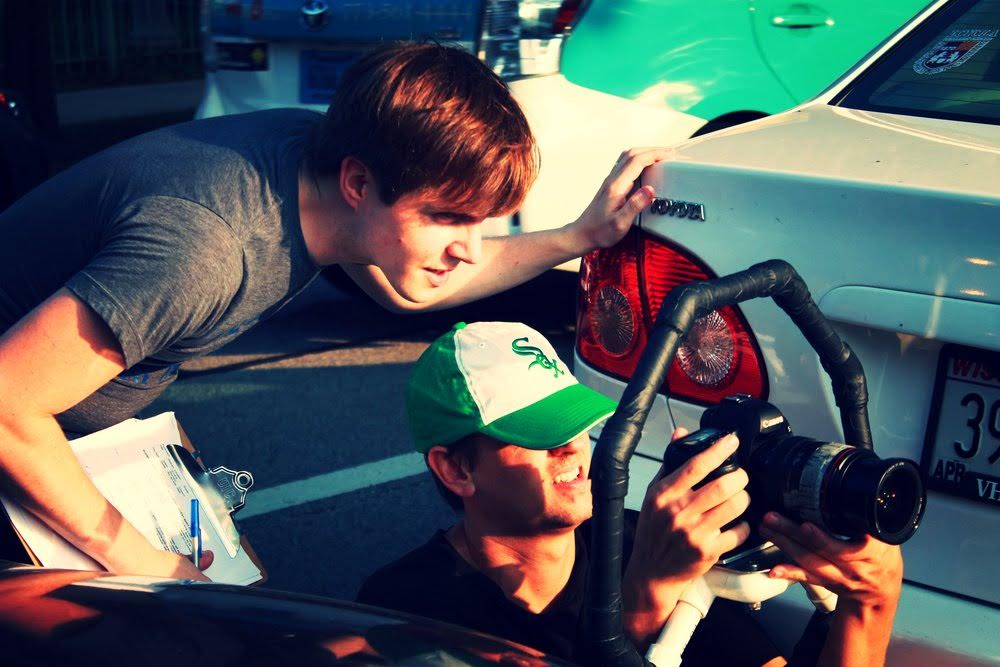
Is there mission driving your creative journey?
Finding good work. That’s it, right there. There is no dopamine hit like being involved in a project that touches people.
There are times when I worked on projects that my heart just wasn’t 100% into. That’s just the nature of the beast but you need to go through that as an artist. That’s how you identify your lane as an artist and the kind of work you want to do and the kind of work you want to assiduously avoid.
If you’re lucky and you work on your craft enough, you meet talented people who give you a shot to work on something special. Whether it was ‘Our Town’ with David Cromer or my new feature film ‘Haunt Season’ with my buddy writer/director Jake Jarvi, these projects provided me with critical moments in my life where I’ve said, “oh, THIS kind of project is what drives me. This is what I want to do with my life.” or “this is truly special. I need to take all of this in because it won’t last forever”. A good project will recalibrate my focus like nothing else. Actually, a bad one will do that too.
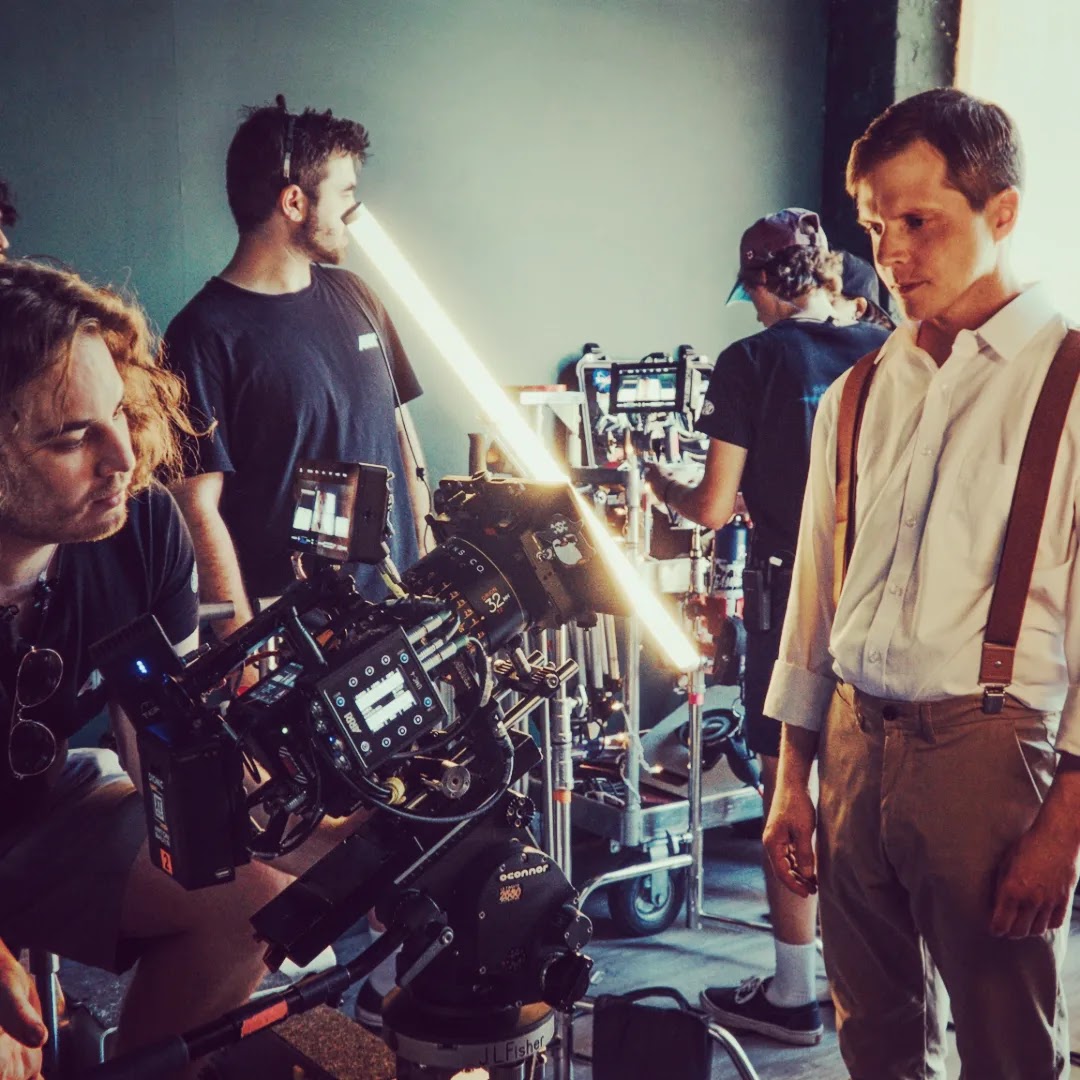
What can society do to ensure an environment that’s helpful to artists and creatives?
I think we need to normalize our support for the arts as a society on the same level that we do for sports. Especially in our schools. Funding for the arts in schools is already on the decline worldwide and the implications are serious.
Not everyone is athletically or academically inclined. I certainly was not an athlete, I was actually pretty sub-par. As soon as I discovered the arts, I thrived in a way I didn’t before. I was lucky enough to have parents who nurtured that burgeoning interest and I was fortunate to be educated in a school district that had wonderful arts education programming. But not all parents and schools have the resources to do that. If I didn’t have this outlet, who knows where I could have ended up.
Also, it’s not just kids with creative inclinations that flourish with arts education. Arts education has all kinds of benefits for students that extend beyond the arts. If we normalize a sense of importance with the arts at a broad level like this, we give ourselves a fighting chance to support them.
In addition, let’s try to find additional funding for artists in various disciplines and mediums while we’re at it. The idea of a “starving artist” is really antiquated and just not based in reality. I don’t want to speak for anyone else, but I struggle to be an artist if my livelihood or sense of security is threatened.
Contact Info:
- Website: adam-hinkle.com
- Instagram: https://www.instagram.com/arhinkle
- Facebook: www.facebook.com/adamrhinkle
- Twitter: https://x.com/arhinkle
- Youtube: @adamroberthinkle
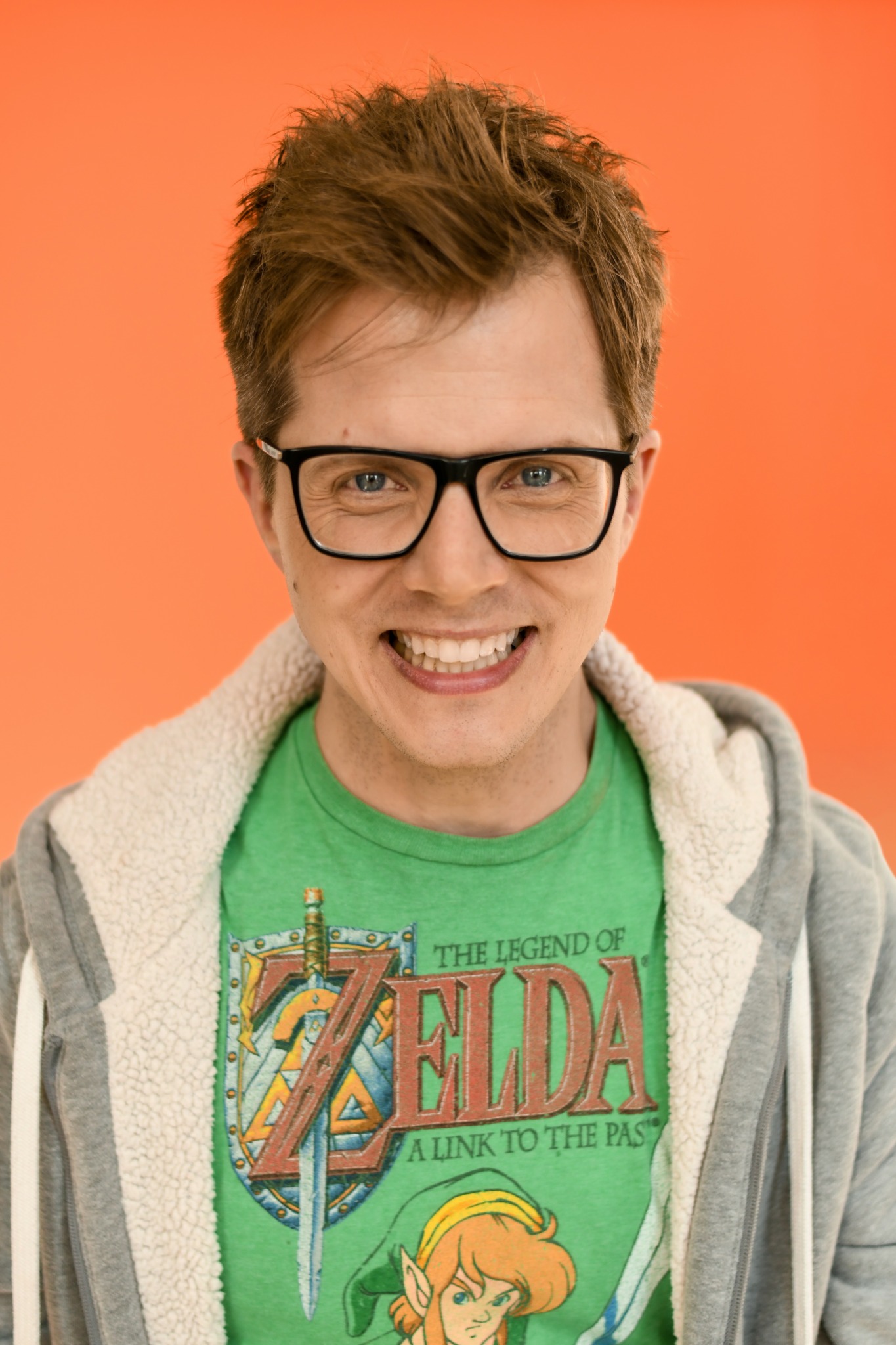
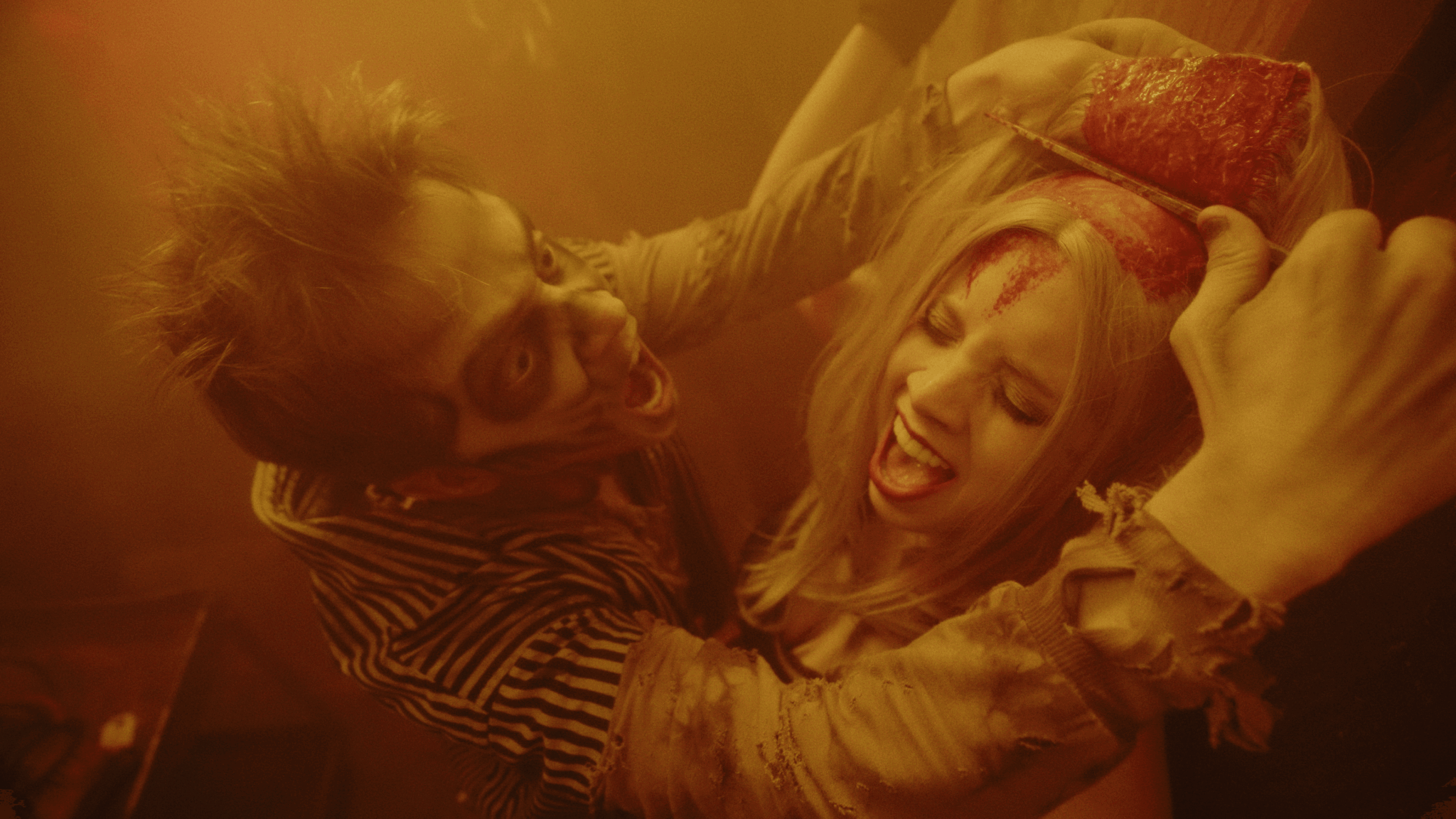
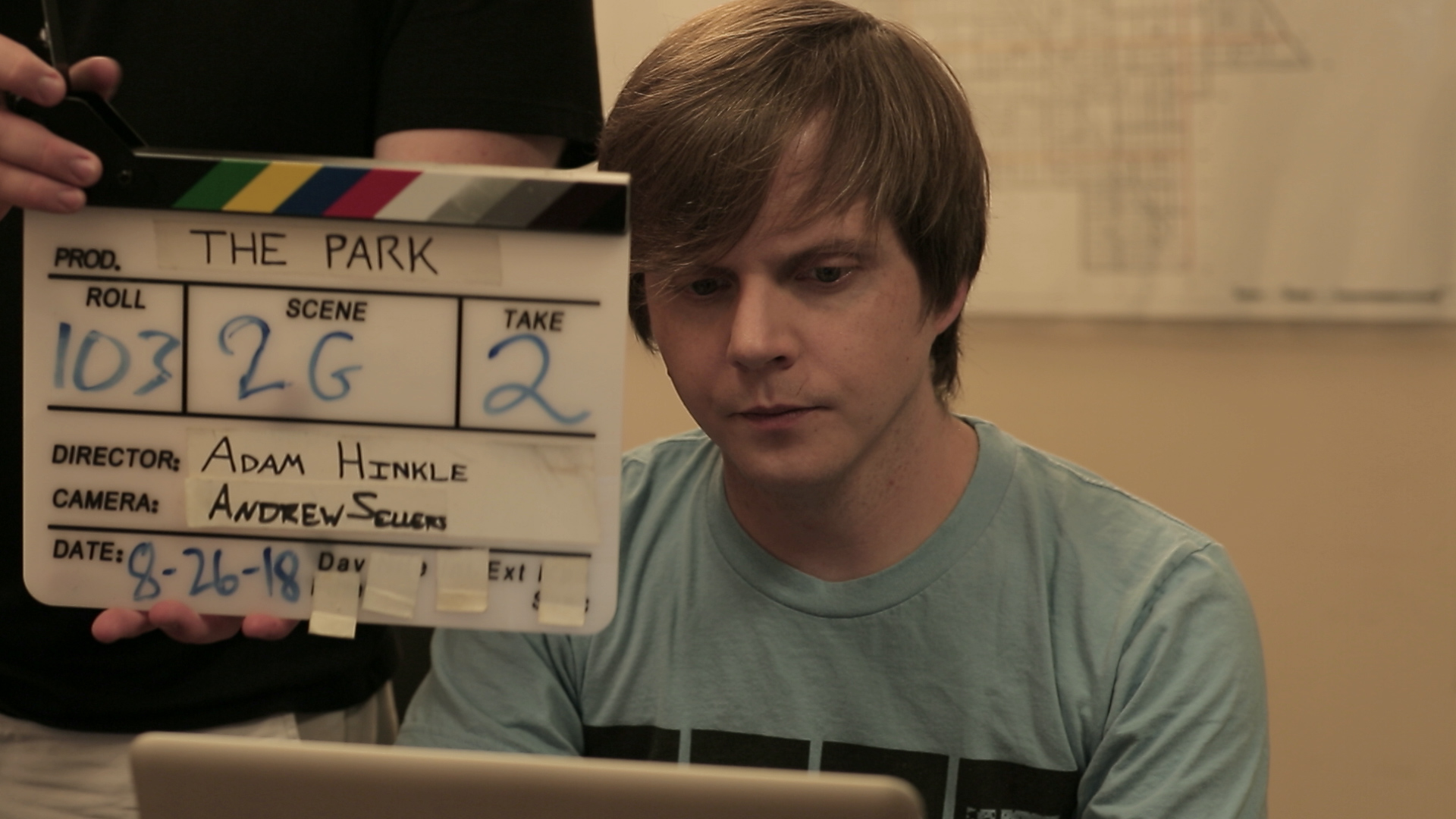
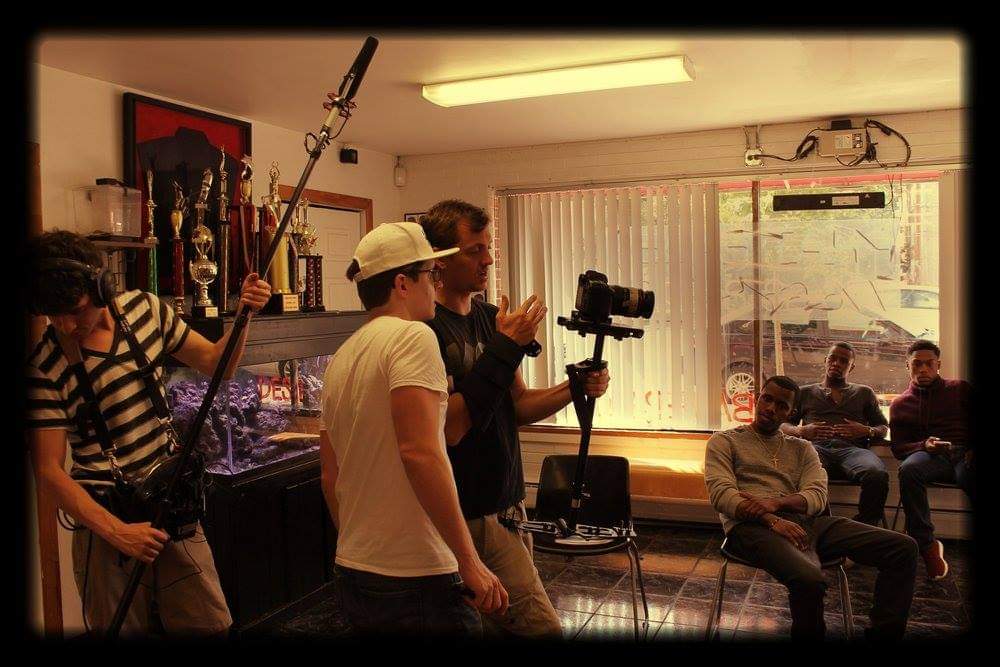
Image Credits
Jake Jarvi, Maggie Jakopac, and Collin Quinn Rice


